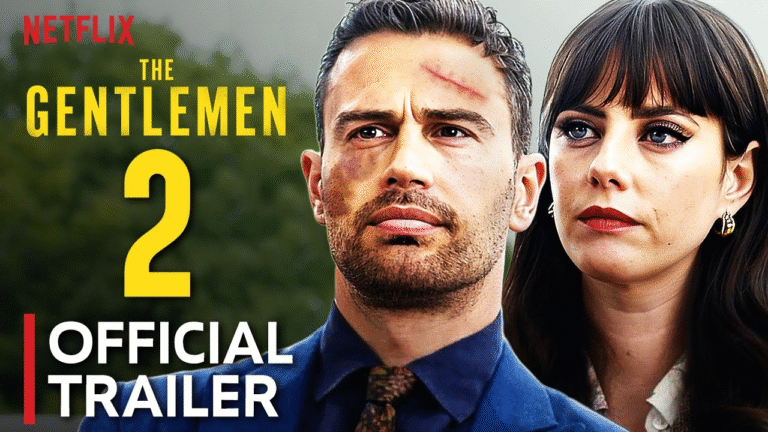Project Power (2020): A Brief Analysis
“Project Power,” directed by Henry Joost and Ariel Schulman, is a thrilling sci-fi action film that delves into the complexities of human nature, morality, and the consequences of power. Set against the backdrop of New Orleans, the film explores a world where a mysterious pill grants users temporary superpowers, each unique to the individual but often unpredictable.

The narrative centers around three primary characters: Art, played by Jamie Foxx, a former soldier on a quest to rescue his daughter; Robin, portrayed by Dominique Fishback, a savvy teenager who sells the pills; and Frank, played by Joseph Gordon-Levitt, a police officer trying to combat the chaos brought by the drug. The film weaves their stories together, creating a gripping tale of survival, resilience, and the ethical dilemmas surrounding the use of power.
At its core, “Project Power” raises important questions about the nature of power itself. The film suggests that the allure of power can lead to devastating consequences, both for individuals and society. The pills, while offering extraordinary abilities, also reveal the darker sides of humanity. Users often resort to dangerous actions to obtain and use these powers, highlighting themes of addiction and the moral ambiguity of enhancement.
Visually, the film is striking, with vibrant cinematography that captures the unique atmosphere of New Orleans. The action sequences are intense and well-choreographed, showcasing the various powers users gain from the pills. From super strength to invisibility, each power is portrayed with creativity, adding an exciting layer to the film’s narrative.
The performances are another standout element. Jamie Foxx brings depth to Art, embodying a father’s determination with a nuanced portrayal of a man grappling with his past. Dominique Fishback shines as Robin, bringing a mix of vulnerability and street smarts that makes her character relatable. Joseph Gordon-Levitt adds a layer of complexity to Frank, portraying a law enforcement officer caught in a moral quagmire as he struggles to uphold the law in a chaotic environment.
“Project Power” also offers a commentary on societal issues, particularly the impact of drugs and the systemic inequalities that plague urban communities. The film presents a cautionary tale about the pursuit of power at the expense of moral integrity and personal safety.
In conclusion, “Project Power” is more than just a typical action movie; it’s a thought-provoking exploration of human ambition and the potential dangers of power. With its engaging plot, strong performances, and relevant themes, the film succeeds in entertaining while encouraging viewers to reflect on the broader implications of the choices we make in the quest for power. As a modern addition to the superhero genre, it challenges the conventions of what it means to be powerful, ultimately leaving audiences with lingering questions long after the credits roll.



